
My Family’s Immigration Story
Monsieree de Castro
February 21, 2018
Allow me to tell you all a (very common) story about “chain migration,” a portion of the immigration system the current administration and members of Congress are trying to eliminate.
In 1977, my father was petitioned by my aunt, who was living in Seattle, to come join her in the United States using the sibling category of family reunification (what some offensively refer to as “chain migration”). The waiting process for family visas can take decades, and my father waited 17 years to have his papers approved for him to come to the United States. It wasn’t until 1994 that we as a family finally stepped foot on American soil for the first time.
It has been 24 years of struggling in a country that more often than not makes you feel unwanted for your brown skin and foreign customs, but also 24 years filled with triumphs and success. My parents have held multiple jobs since we first came to this country, from caregiver to custodian. Today, our family has grown and my siblings and I lead successful lives and are all contributing taxpayers and members of the community. Of my siblings, we currently have a Director working in social services at the Asian Counseling and Referral Service, an IT professional working for Paul Allen’s business/philanthropy, an accountant providing her skills at a hospital, and finally, the youngest and most Americanized sibling, foolishly pursuing her dreams in the most American way possible; living and working in politics in Washington DC hoping to contribute to the country that has given so much to her. Additionally, major props to my awesome parents and each of my siblings who all own their own homes, collectively owning 5 pieces of real estate across the Seattle area (I’m clearly the millennial of the clan, probably eating avocado toast instead of buying a house).
My family’s story is not at all unique. This is the story of millions of Americans who come here seeking the opportunity for a better life. This is the simplified version of the story, leaving out the heartaches of visas that were never approved after years of waiting, and parts of our family that continue to be split apart (no, you can’t “bring in virtually unlimited numbers of distant relatives,” there are countless restrictions). This is also the story of a privileged family that was lucky enough to have a pathway to pursue the American dream and citizenship, and had the economic stability to wait 17 years to have a visa approved.
The current administration claims that the program that allowed my family to come and succeed in the United States needs to be eliminated for the sake of the “economy and the future of America”. But Mr. President, I am CERTAIN that allowing families like mine to be welcomed into this country is ABSOLUTELY NECESSARY for the success of our economy and future of our great nation.







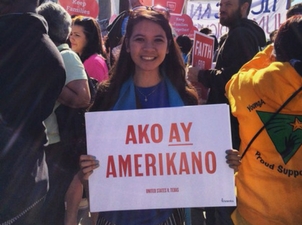
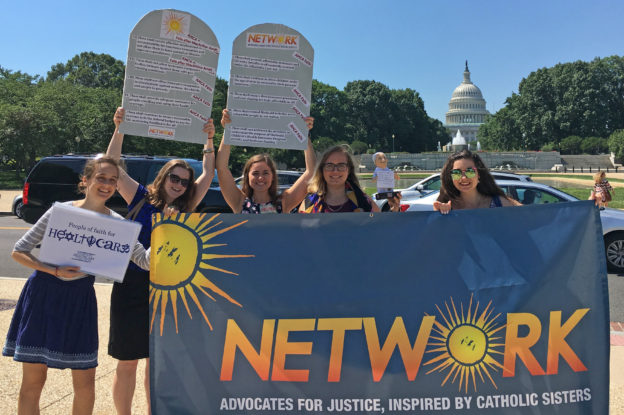

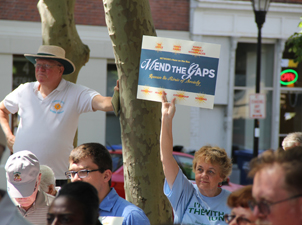

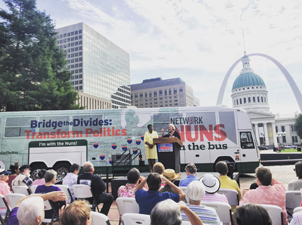
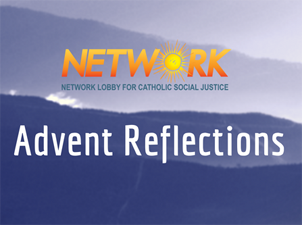
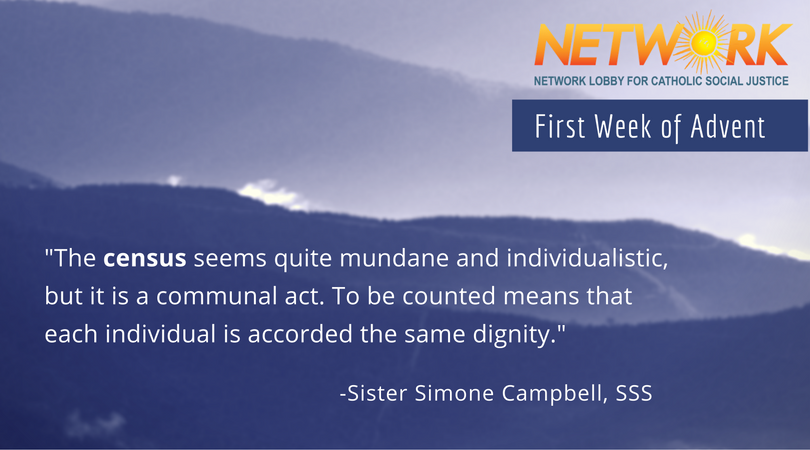
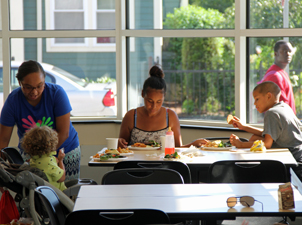
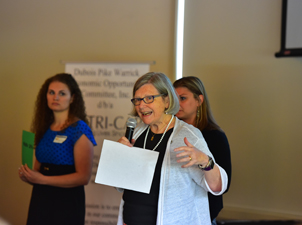
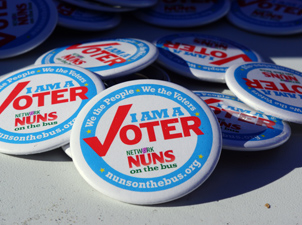


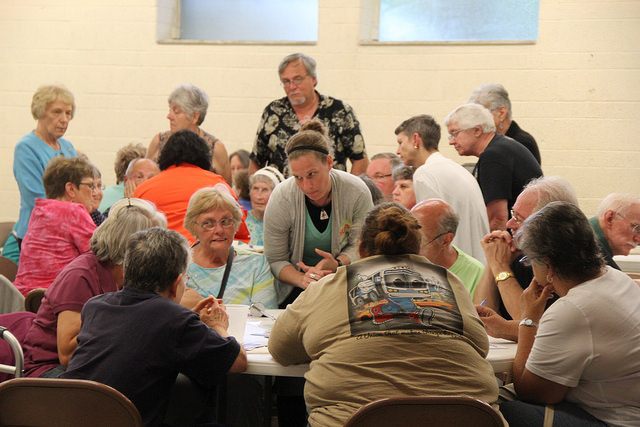 The discussion and sharing were profound and Sister Simone pulled together the concerns and the dreams for the future of our nation.
The discussion and sharing were profound and Sister Simone pulled together the concerns and the dreams for the future of our nation.